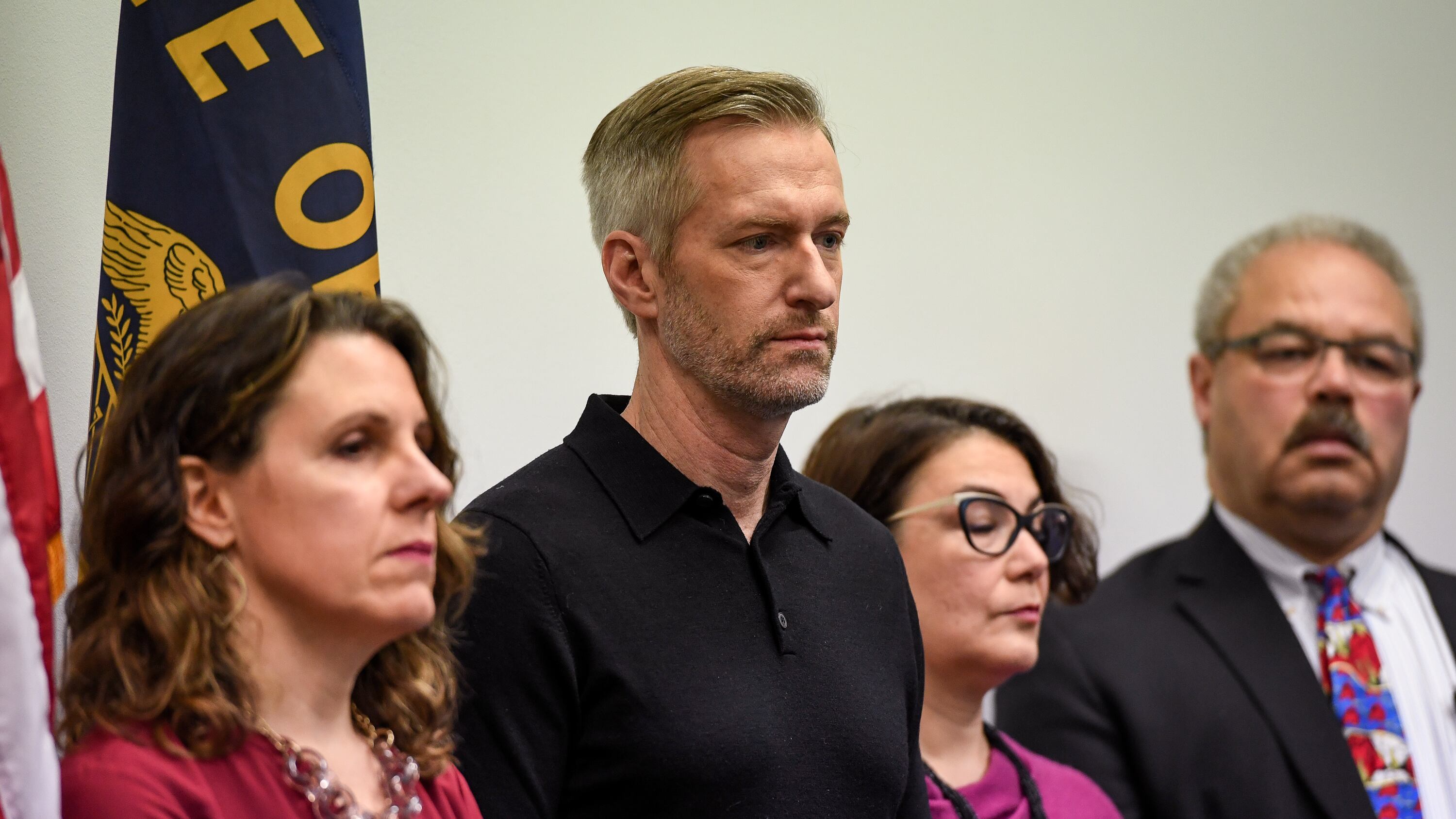A Multnomah County Circuit Court judge ruled Oct. 23 that city of Portland election officials must enforce new campaign finance rules as they relate to a $150,000 loan that incumbent Mayor Ted Wheeler gave his campaign Sept. 18.
The campaign of Wheeler's opponent, Sarah Iannarone, challenged the loan in court, saying it violated rules that went into effect in May that limit candidates' loans to themselves to $5,000. The election officials, who report to City Auditor Mary Hull Caballero, said at the time that a 1976 U.S. Supreme Court ruling striking down limits on candidates' contributions to themselves meant that local restrictions on self-funding—such as those Portland voters passed—could not be enforced.
"Self-funding limits have been held to be unconstitutional under federal law," the auditor's webpage says.
But Judge Thomas Ryan told the auditor's office on Friday to reconsider the complaint concerning Wheeler's loan and report back to him in 12 days. That means the auditor's response is due Nov. 4—the day after ballots are counted.
Iannarone's campaign hailed the ruling.
"This landmark decision requires the auditor to enforce the law as the voters intended," Iannarone's campaign manager, Greg McKelvey, said in a statement. "Any argument that Mayor Wheeler's massive loan to his campaign, during this pandemic, is covered under any First Amendment protections not only flies in the face of Portland voters but is also frankly ludicrous. Candidate loan restrictions are an entirely separate issue than personal contributions, and this has been clear in many jurisdictions."
Wheeler's campaign declined to comment.
The court battle and conflicting interpretations of the new city campaign finance rules underscore just how precarious Wheeler's hold on his office is, despite having outpaced Iannarone by 25 percentage points in the May primary.
Including the $150,000 Wheeler loaned the campaign, he's raised $494,000 this year and has $108,000 on hand. Iannarone, who is using public matching funds, has raised $775,000 and has $121,000 on hand. That means, by taking small contributions from thousands of donors, she has nullified one of Wheeler's biggest advantages—that his previous runs for Multnomah County chair, state treasurer and mayor should have afforded him a fundraising advantage over his opponent.
Because Wheeler did not elect to accept public financing and failed to raise money over the summer, an independent expenditure campaign committee, United for Portland, launched on Oct. 7 to assist him. The new city campaign finance limits still allow unlimited independent expenditures as long as they are truly independent from the candidate the committee supports.
That committee called itself "one of the largest and most politically diverse coalitions in Portland history—uniting employers, community advocates, labor and environmental activists." (One member of the coalition, NAACP of Portland president E.D. Mondainé, was forced to resign after The Portland Mercury reported allegations of sexual abuse against him.)
So far, the committee has raised $346,000, a respectable amount in such a short time frame. But the diversity the committee cited is missing from its fundraising: Only $5,000 is from organized labor (the Pacific Northwest Regional Council of Carpenters) and none of it is from environmental groups. Nearly all the money comes from business groups, property developers, and other business interests.
Liz Fuller, a spokesperson for the campaign, says she expects donations from labor and environmental supporters to be disclosed tomorrow.
Ballots in Multnomah County must be mailed by Oct. 27 to get to the county elections office on time. A list of in-person drop-off sites may be found here.
